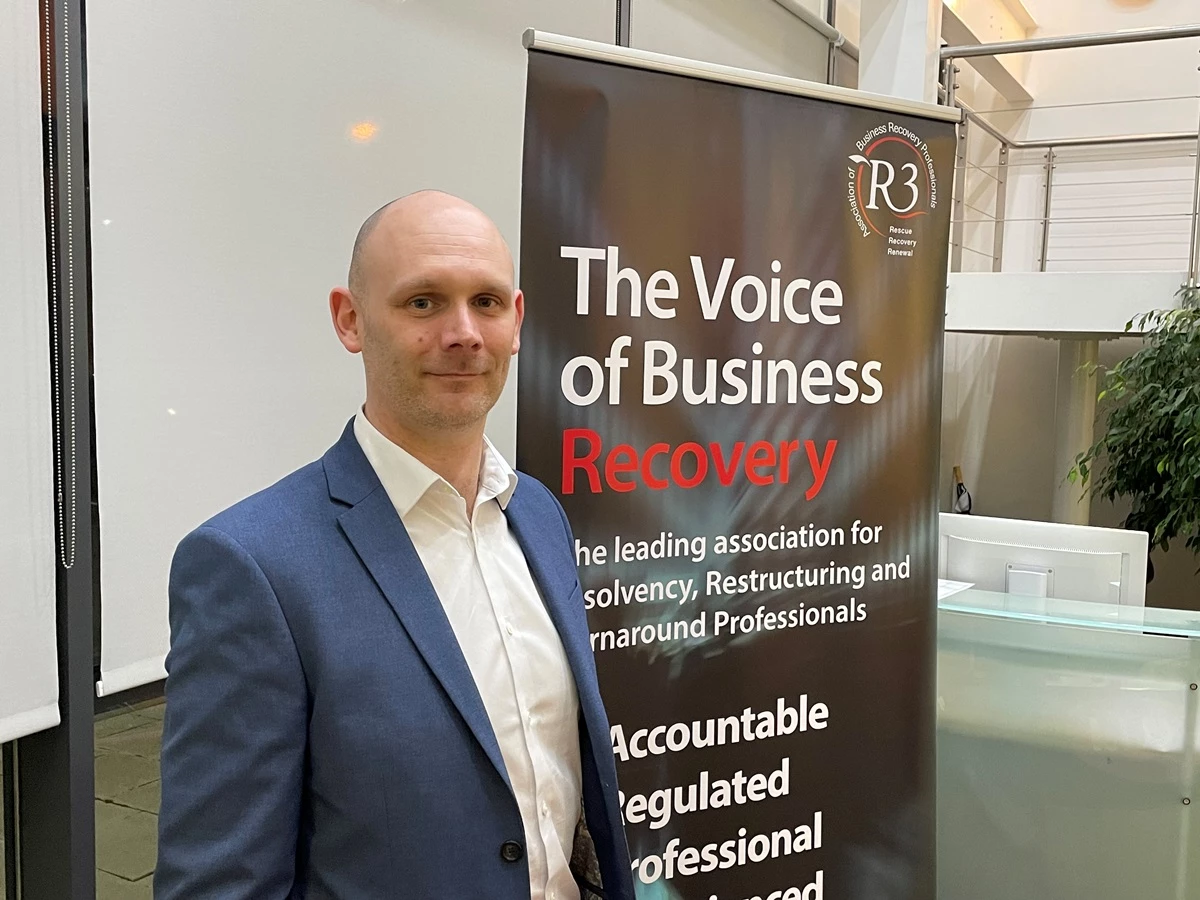
Partner Article
Corporate Insolvencies Fall Not A Sign Of Improving Economic Conditions - R3
A sharp drop in the number of corporate insolvencies across England and Wales last month doesn’t mean that things are going to get easier for North East businesses any time soon.
That’s the view of the North East chair of insolvency and restructuring trade body R3, Chris Ferguson, after the latest Insolvency Service statistics revealed a month-on-month fall of more than 15 per cent, from 2,319 cases in August down to 1,967 cases last month.
But despite this, the September figure is still 16.5% higher than the number of cases in the same month last year (1,688), 35.4% higher than September 2021’s total (1,543) and 112% greater than the figure in September 2020 (928).
And when compared to the equivalent month in the last pre-pandemic year, the latest monthly figures are still more than 30 per cent higher than they were in September 2019 (1,509).
The number of firms put into liquidation through Creditors’ Voluntary Liquidations (CVLs), a procedure initiated by directors of insolvent firms to close their companies, also rose last month, as did the number of compulsory liquidation actions by creditors looking to recover what they’re owed.
Chris Ferguson, who is a director and head of recovery & insolvency at Gosforth-based RMT Accountants & Business Advisors, says: “September 2023’s corporate insolvency figures are the highest we’ve seen for this month in four years, as a combination of economic issues, director fatigue and the post-COVID insolvency lag see more firms turn to corporate insolvency processes to resolve their financial issues.
“The fact that almost all forms of corporate insolvency process have risen year-on-year shows that businesses continue to struggle with the current economic conditions, and while the forthcoming festive season may offer a degree of encouragement to some, the wider situation is much less heartening.
“Firms are operating in a climate where consumers are cutting back their spending on non-essential items, while at the same time the costs of operating a business remain high.
“This is only likely to worsen as utility costs rise over the winter period and the cost of borrowing and servicing debts gets more expensive.
“Our message to North East company directors is simple - if you’re worried about your financial position, seek qualified advice at the earliest possible opportunity.
“It’s a hard conversation to have, let alone start, but early intervention opens up far more options to deal with any issues you may have, provides the time needed to implement a structured and controlled turnaround strategy and helps deliver the best possible outcome.”
This was posted in Bdaily's Members' News section by Julian Christopher .
Enjoy the read? Get Bdaily delivered.
Sign up to receive our daily bulletin, sent to your inbox, for free.






 A legacy in stone and spirit
A legacy in stone and spirit
 Shaping the future: Your guide to planning reforms
Shaping the future: Your guide to planning reforms
 The future direction of expert witness services
The future direction of expert witness services
 Getting people into gear for a workplace return
Getting people into gear for a workplace return
 What to expect in the Spring Statement
What to expect in the Spring Statement
 Sunderland leading way in UK office supply market
Sunderland leading way in UK office supply market
 Key construction developments in 2025
Key construction developments in 2025
 Mediation must be part of planning process
Mediation must be part of planning process
 From apprentice to chief financial officer
From apprentice to chief financial officer
 Don't stifle growth with apprenticeship cuts
Don't stifle growth with apprenticeship cuts
 The start-up landscape: What lies ahead in 2025
The start-up landscape: What lies ahead in 2025
 JATCO adds welcome drive to automotive sector
JATCO adds welcome drive to automotive sector